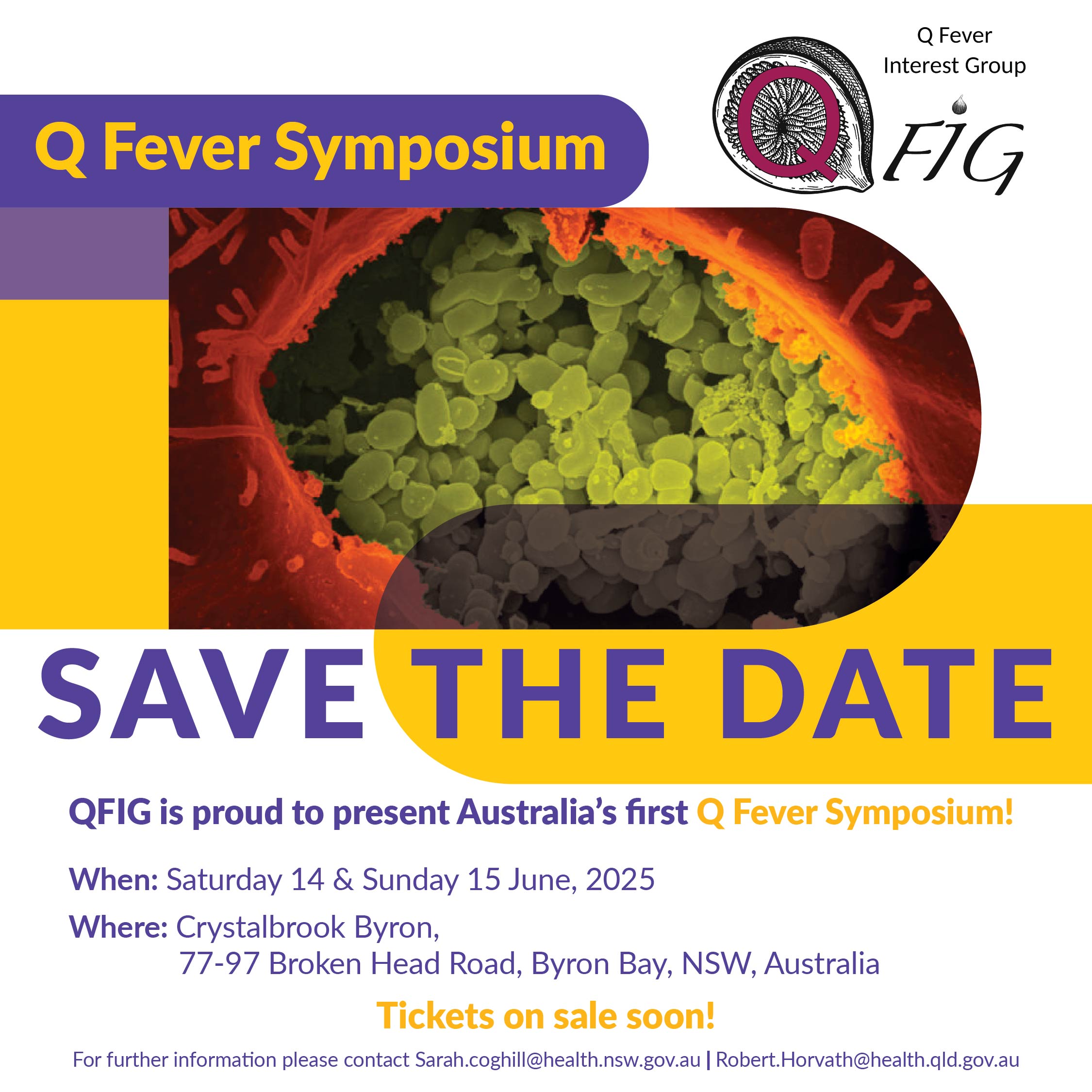QFIG Symposium
Thank you for attending the symposium!
News on website soon!









Registration portal has closed
We are pleased to announce that most speakers have consented to their talks being recorded for access on the symposium platform for a limited time!
Virtual or in-person registration also includes access to recordings until 17th August 2025
For those interested in participating but unable to attend live due to other committments or time-zones , virtual registration will give you access to almost all of the sessions at your convenience up to 17th August!
We have recieved enquiries about retrospective registration to access the recordings, which we are humbled by.
Unfortunately we are unable to activate retrospective registrations.
Link to ticketing and abstract portal:
https://qfig.eventsair.com/q-fever-symposium
Original Flyer (Click here) (PDF, 350.4 KB)
Final Programme (Click here) (PDF, 2.5 MB)
Exciting news!
In June, Australia hosted a 2 day (Saturday and Sunday) Symposium dedicated entirely to Q fever.
Speakers were from Australia, France, Spain, Germany, Netherlands, FrenchGuiana and Uruguay.
Topics included aspects of Q fever in humans and animals, including industrial impacts and the future of Q fever management.
We thank our sponsors!
Platinum Sponsors
![]()


Silver Sponsors


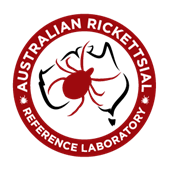
Speakers
Arístides de Alarcón González (Spain)

Dr Alarcón is a specialist in Infectious Diseases, with a special interest in cardiovascular infections. Member of the group for the support for the management of endocarditis in Spain, he has made outstanding research in the field of infective endocarditis and cardiac electrostimulation device infections. He is the author of several publications on Coxiella burnettii infections, and coordinates a Spanish research group in this field.
Topic: Q fever endocarditis
Prof Pierre-Edouard Fournier (France)
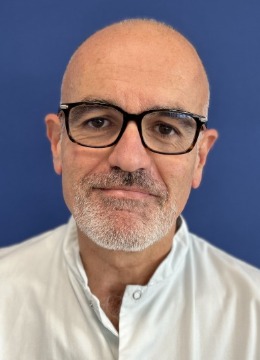
Prof Pierre-Edouard Fournier is professor of clinical microbiology at the Mediterranee infection Institute and is the director of the French Refence Centre for the Diagnosis and study of rickettsioses, Q fever and bartonelloses in Marseille. He has held previous appointments as the secretary of the ESCMID working group on Coxiella, Anaplasma and Rickettsia and is a past president of the European society on coxiellosis, chlamydiosis, anaplasmosis and rickettsiosis. Prof Fournier has published over 800 articles in international peer reviewed journals referenced in Medline and directs the epidemiological and molecular surveillance of infectious diseases in UMR RITMES (Aix-Marseille University, Institut pour la Recherche et le Développement, Service de Santé des Armées).
Topic: Facilitators of Q fever outbreaks
Prof Chantal Rovers (Netherlands)

Chantal Rovers works as an infectious diseases physician and outbreaks of infectious diseases professor at Radboud university medical center in Nijmegen, the Netherlands. From the beginning of the large Q fever outbreak in the Netherlands between 2007 and 2011 she has been treating patients with Q fever and has led many research projects on this topic. She has also participated in several guideline committees, advised the national public health institute about Q fever and authored the Q fever chapters in, among others, Harrison’s Principles of Internal Medicine and Mandell, Principles and Practices of Infectious Diseases.
Topics: Experience treating chronic Q fever. The Dutch Q fever outbreak.
Stephen R. Graves

Stephen R. Graves is a medical microbiologist and Fellow of the Royal College of Pathologists of Australasia (RCPA). He is a former Chair of the RCPA Faculty of Science.
Almost 30 years ago he established the Australian Rickettsial Reference Laboratory (ARRL) as a boutique, not-for-profit, microbiology diagnostic and research laboratory, located at University Hospital Geelong, Victoria. He is the Approved Pathology Provider (APP) for this laboratory which specializes in diagnosing infections transmitted by ectoparasites such as ticks, lice, fleas and mites. In Australia these infections are mainly rickettsial and Q Fever (Coxiella burnetii). He was involved in the discovery of Flinders Island Spotted Fever (Rickettsia honei) and has had a new rickettsia, found in the kangaroo tick (Amblyomma triguttatum), named after him (Rickettsia gravesii). He is involved in the development of new vaccines against Q Fever, for use in goats and humans.
Topic: History of Q fever
Tarka Raj Bhatta
Post doctoral Fellow
Australian Rickettsial Reference Laboratory (ARRL), Barwon Health, University Hospital Geelong, Victoria, 3220
Supervisors: Prof Stephen Graves and Prof John Stenos
Tarka has a BSc in Microbiology and an MSc in Biotechnology from Tribhuvan University, Nepal. He has a joint PhD degree from Deakin University (based at Geelong Centre for Emerging Infectious Diseases (GCEID) now CIIDIR) and University of Copenhagen in Denmark and completed his joint PhD in Jan 2022. Then he moved to Denmark where he was in a postdoctoral position in Department of Veterinary and Animal Sciences at the University of Copenhagen till May 2023. Then he migrated back to Australia and joined ARRL as the postdoctoral Fellow to work on Genomics of Coxiella burnetii using whole genome sequencing. He is also working with the team for the development of human Q fever vaccine. Recently, he has started workind to develop metagenomic platform for the diagnostic purpose.
Topic: Unraveling the Genomic Diversity of Coxiella burnetii strains from Australian Patients using Whole Genome Sequencing
Coxiella burnetii (Cb), the causative agent of Q fever, is a common human infection in Australia, particularly in the regional Queensland and New South Wales (NSW). Though Cb was first recognised in Australia, there is little information about the diversity of the Cb strains due to the lack of whole genome sequencing data. In this study we have sequenced 10 complete genomes of Cb and then studied the molecular diversity of these Cb strains.
Clare Nourse

Clare Nourse is a Paediatric Infection Specialist at Queensland Children’s Hospital in Brisbane and is is Clinical Professor in the Faculty of Medicine at the University of Queensland. Her particular interests are in HIV and TB infection in children, congenital syphilis and Q fever as well as infection in resource limited countries, particularly in Timor-Leste
Topics: Q fever osteomyelitis in children.Q fever in pregnancy and neonates.
Eilish Moore

Eilish Moore is a junior medical officer (at Prince of Wales Hospital in Sydney. She qualified in medicine from the University of Wollongong in 2024 and completed a large portion of her clinical placements in the Northern Rivers in Lismore, Ballina and Byron Bay Hospitals. Infectious diseases is one of Eilish’s areas of interest, and she is excited to be back up in the Northern Rivers where she was based while she undertook her Q fever research.
Topic: Q fever in pregnancy and neonates.
Ben Bauer (Germany)
Dr. Ben Bauer is a veterinarian who graduated from Ludwig-Maximilians-University in Munich, Germany. While studying abroad, he obtained a Postgraduate Diploma at Massey University in New Zealand. Ben has been working on Coxiella burnetii for over 10 years. He began his career at the Bavarian Animal Health Service, managing Coxiella-positive sheep flocks by introducing a new vaccination schedule to establish herd immunity. Later, he moved to the University of Veterinary Medicine Hannover, to focus on the clinical and epidemiological aspects of C. burnetii in small ruminants within an interdisciplinary research program for Q fever (www.q-gaps.de). During that time, he completed his Habilitation thesis, "Epidemiology and Control of Coxiella burnetii in Small Ruminants – A One Health Approach”. Recently, Ben has joined the Institute of Immunology at the Friedrich-Loeffler-Institut (Germany), working on a new Coxiella vaccine candidate within the framework of the COX-SAVE consortium (www.cox-save.de). In addition to his research activities, he is an active board member of the European College of Small Ruminant Health Management and a member of the Scientific Advisory Board of the German One Health Platform.
Q Fever Vaccines: A Veterinary Perspective
Various approaches have been explored in veterinary science to develop a vaccine against Coxiella burnetii and to implement vaccination programs in ruminant herds. The presentation will cover the past, present, and future prospects of Coxiella vaccines for ruminants.
Élodie Rousset (France)
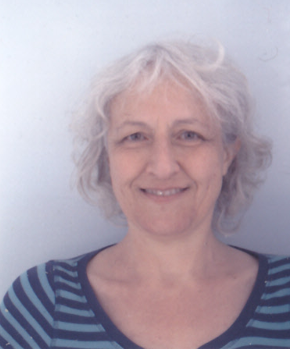
Dr. Élodie Rousset leads the French National Reference Laboratory (NRL) for Q fever at ANSES, Sophia Antipolis. She has been an expert for the World Organisation for Animal Health (WOAH) since 2013, working in collaboration with PIWET, Poland, since 2021. Her work focuses on developing, harmonizing, and evaluating reliable diagnostic methods (standardization, performance) to optimize their use in research, diagnosis, and surveillance. She collaborates closely with national and European stakeholders to identify scientific gaps and improve methodologies for a better understanding of Q fever epidemiology and transmission dynamics.
Topic: Q fever in ruminants, including diagnostic tools and expected developments
Prof Loïc Epelboin (France/French Guiana)

Prof. Loïc Epelboin is a French physician specializing in infectious and tropical diseases, as well as a researcher in the epidemiology of infectious and tropical diseases. He lives and works in French Guiana, a French overseas territory about the size of Portugal, located in the northeast of South America, between Brazil and Suriname, and covered by more than 90% of Amazonian rainforest. He has published on various topics, including zoonoses, arboviral diseases, histoplasmosis in people living with HIV, and attacks by Amazonian wildlife. He is the author of numerous publications on the very specific characteristics of human and animal Q fever in French Guiana and South America. He has also co-authored several comprehensive articles on Q fever in leading French educational reference books.
topic: Q fever in French Guiana
Dr Dimitrios Frangoulidis (Germany)
Dr. Dimitrios Frangoulidis is a medical doctor as well as a specialist in clinical microbiology and infectious diseases with 20 years of scientific experience in the field of special pathogens, diagnostics and identification up to BSL 3. His research interest is in epidemiology, pathogenesis and laboratory diagnosis of bacterial zoonoses. Over the past 4 years, he has been able to further refine his expertise in pandemics and public health including wastewater-based epidemiology. So far, he has supervised several basic research projects and has already successfully applied for national and European grants. He is work package leader/PI in the German Q-fever network (Q-GAPS), granted by the German Federal Ministry of Education and Research.
Topic: Cox-base: an open access analytical tool and database with sustainability for C.burnetii genomic data.
Hayley Newton
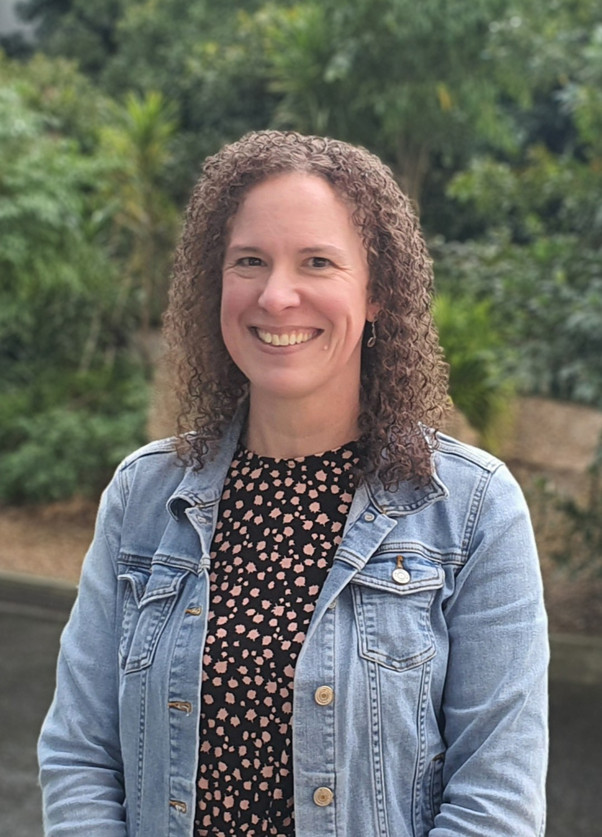
Professor Hayley Newton is a cellular microbiologist with a keen interest in understanding the ways in which intracellular bacterial pathogens can manipulate their human host cells. She has worked with a range of bacterial pathogens, but her main research impact has come from studies into the zoonotic pathogen Coxiella burnetii. As a pathogen of both humans and animals, C. burnetii, remains an important example of the need for a one health approach for research into human health and disease.
After completing her PhD, studying pathogenesis of Legionella pneumophila at Monash University, Hayley was awarded a NHMRC Training Fellowship to undertake postdoctoral research at Yale University. Here she applied pioneering techniques to genetically manipulate C. burnetii and discovered key virulence factors of this poorly understood human pathogen. This research has led to a significant shift in our understanding of this mysterious intracellular pathogen. Hayley moved to the Department of Microbiology and Immunology, University of Melbourne, in 2013 where she established her independent research program and a substantial teaching portfolio. In 2022, Hayley was recruited to the Infection Program, Department of Microbiology and Biomedicine Discovery Institute, at Monash University.
Topic: genomics of Q fever
Dr Jenny Robson
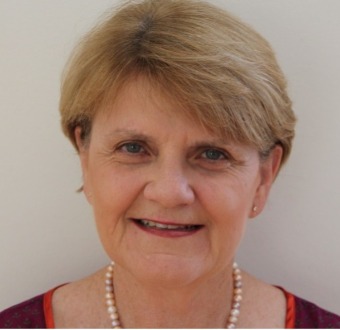
Dr Jenny Robson (MBBS, FRACP, FRCPA, FACTM) is an infectious diseases physician and microbiologist working at Sullivan Nicolaides Pathology for the past 35 years. This private clinical pathology laboratory strives to provide state of art diagnostic services to Queensland and Northern NSW, which are at the heart of many of classical zoonoses (especially Q fever) in Australia.
Topic: Updates in diagnostics.
Prof Robert Norton

Prof Robert Norton is a Clinical Microbiologist and Professor at James Cook University, Townsville. He is a past Director of Microbiology and Pathology at Townsville University Hospital. He has worked in remote Australian indigenous communities in the Top End of Australia and has a research interest in tropical infectious diseases.
Topic: Controversies in Q fever management.
Prof Ricardo J. Soares Magalhães

Ricardo Soares Magalhães (LMV, MSc, PhD, ECVPH) is a veterinary public health specialist and zoonotic disease epidemiologist whose research focuses on the distribution, control, and biosecurity implications of zoonotic diseases and antimicrobial resistance. He is a Professor at the University of Queensland and Director of the Queensland Alliance for One Health Science at UQ School of Veterinary Science. His work integrates disease surveillance and One Health geospatial analysis frameworks to inform targeted public health and veterinary interventions. In the area of Q fever, Ricardo's research group examines the spatial epidemiology and transmission risk of Coxiella burnetii in both humans and animals across Australia and overseas. His studies have used ecological modelling, geospatial landscape and climate data, and farm-level risk factors to better understand the drivers of Q fever transmission especially at the human-livestock-wildlife interface.
Topic::
A/Prof Katrina Bosward

Katrina is an Associate Professor in Veterinary Microbiology in the Sydney School of Veterinary Science at the University of Sydney where she teaches in various veterinary pathobiology and public health units of study in the Doctor of Veterinary Medicine. Her overarching teaching and research focus is in the pathogenesis and control of infectious disease of animals especially those considered zoonotic diseases. Katrina has a particular research interest in Coxiella burnetii, and coxiellosis in animals and Q fever in humans. She is a member of the Sydney Infectious Diseases Institute at the University of Sydney.
Debra Lee

Deb is a Registered Nurse with over 30 years of experience. Deb began her journey into Infection Prevention and Public Health in 2009 during the H1N1 Pandemic and has since completed postgraduate qualifications in both specialties. In 2021, she began working for the Office of Industrial Relations as the Principal Advisor for Occupational Health – biological hazards.
Her work with Workplace Health and Safety Queensland has her providing advice for the Inspectorate and businesses throughout the state.
Topic: Workplace Safety Implications of Q fever
Alana Jenkins

Alana Jenkins is a microbiology scientist at Pathology Queensland.
A very experienced scientist in both public and private pathology both in Australia and overseas. In recent years I Have developed a keen interest in Q fever and its diagnosis and working with our clinicians to further this. I am energised by extracurricular projects including syphilis prevalence testing and this project to improve diagnosis of acute Q fever.
Topic: laboratory stewardship to enhance acute Q fever detection
Li Jun Thean

Dr Li Jun Thean is a joint microbiology and paediatric infectious diseases trainee. She is currently a microbiology registrar at Sullivan and Nicolaides Pathology and will be presenting her work on Q fever from her former appointment at Pathology Queensland. She is an Honorary Research Fellow with the Tropical Diseases Group at the Murdoch Children’s Research institute and holds a PhD from the University of Melbourne.
Title + synopsis: Improving acute Q fever diagnosis through the integration of serum PCR into the laboratory diagnostic algorithm. Retrospective and prospective studies comparing blood parameters associated with a detected C. burnetii PCR towards the diagnosis of acute Q fever.
Dr Lucinda Taege

Lucinda Taege is an anatomical pathologist and Fellow of the Royal College of Pathologists (RCPA) as well as holding a senior lecturer position at the University of Queensland. She works in Brisbane at the Royal Brisbane Hospital and Queensland Children’s Hospital, with special interest in paediatric and perinatal pathology including placental pathology.
Topic: Queensland anatomical pathology placenta study.
Simon Firestone and Ayesha Salgadu
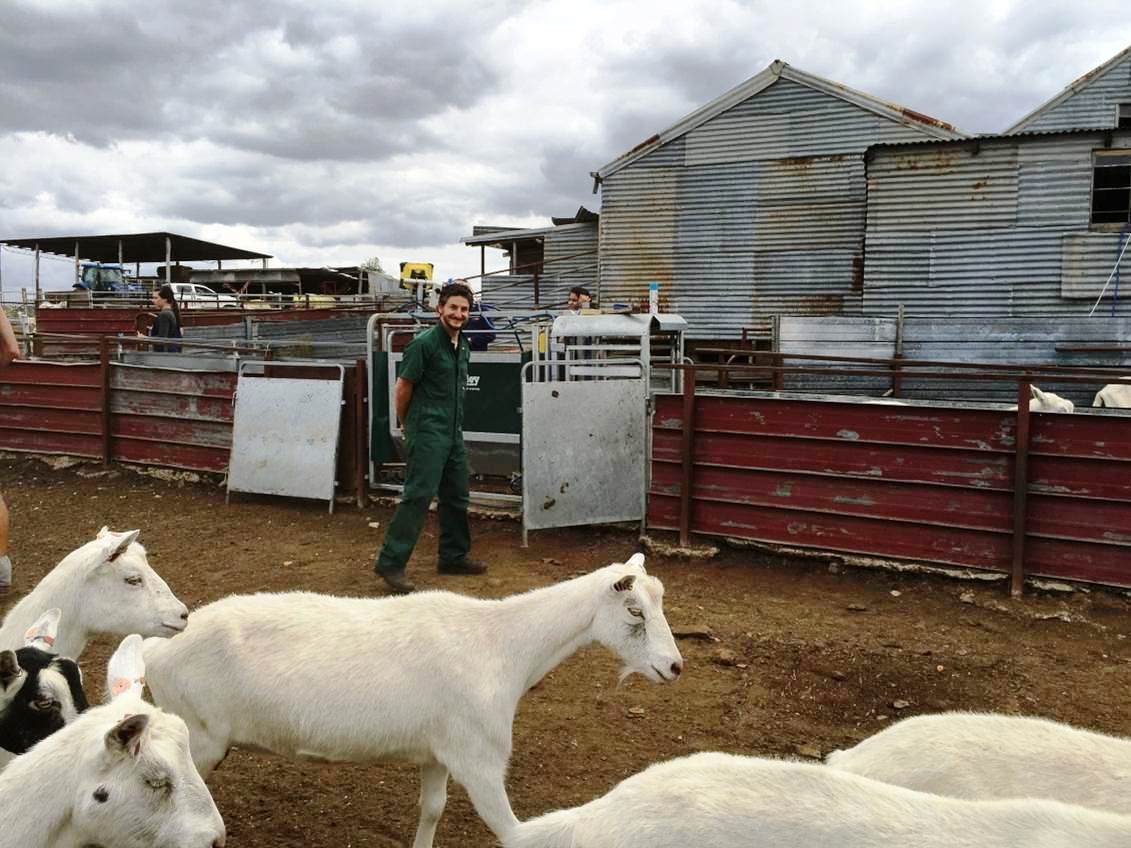

Convenors:
Sarah Coghill

Infectious Diseases Physician, Lismore Hospital NSW
Robert Horvath
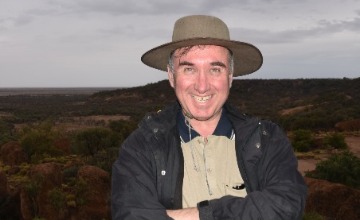
Infectious Diseases Physician, The Prince Charles Hospital, Brisbane
Microbiologist, Pathology Queensland.

